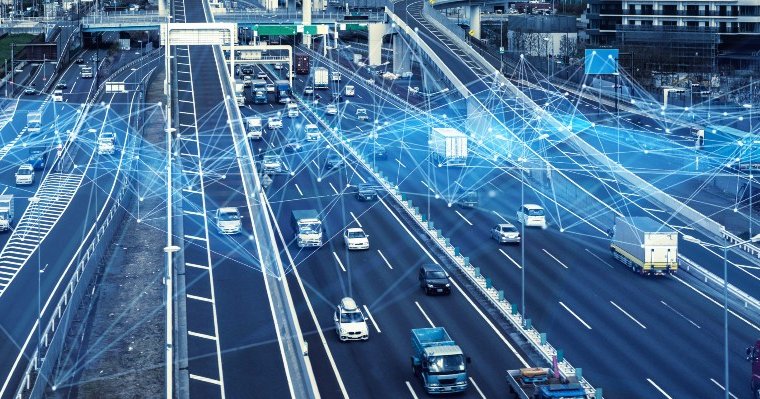
UPDATE: A striking new report reveals that the average cost of work lunches has surged by 23% in just one year, forcing many workers to skip meals altogether. The latest data from ezCater highlights a troubling trend: employees are spending an average of $108.68 weekly on lunches, a dramatic increase from $88 last year.
This alarming rise in lunch costs, driven by ongoing inflation, is impacting productivity and employee well-being across the workforce. Nearly 1 in 5 employees are now intentionally skipping meals to save money, creating a significant concern for employers. The report, based on a survey conducted in June 2025 among 1,000 full-time US employees in on-site or hybrid roles, reveals that many are buying lunch out an average of 2.6 times per week, spending approximately $34.82 weekly on dining out—up 26% from last year.
As food prices continue to climb, the trend of skipping lunch primarily affects younger workers, including millennials and Gen Z, who are increasingly feeling guilty about taking breaks. According to Robert Kaskel, VP of People at ezCater, the data indicates that employees who skip meals are less productive.
“Our data shows that hangry workers are bad for business: 43% take longer to complete tasks, 38% report being blunt with colleagues, and 25% avoid interacting with their peers,”
Kaskel stated.
The report underscores a concerning cultural shift where Gen Z workers are 110% more likely than their older counterparts to believe their boss will disapprove of taking a lunch break. This perception could lead to burnout and decreased job satisfaction, as skipping lunch for short-term productivity gains may backfire in the long term.
A study published in the Journal of Pharmaceutical Research International in 2021 supports the importance of taking regular breaks, citing that they help prevent absenteeism and enhance job satisfaction. In the current “hardcore” work culture, where productivity often trumps well-being, the consequences of skipping lunch can be detrimental.
As the cost of lunchtime rises, employees’ health and workplace morale are at stake. If taking a break has become a luxury few can afford, businesses may soon find themselves grappling with the fallout of a workforce that cannot sustain high performance on empty stomachs. This urgent situation calls for immediate attention from employers and policymakers alike to address the escalating costs and support the well-being of their employees.
For more updates on this developing story, stay tuned.





